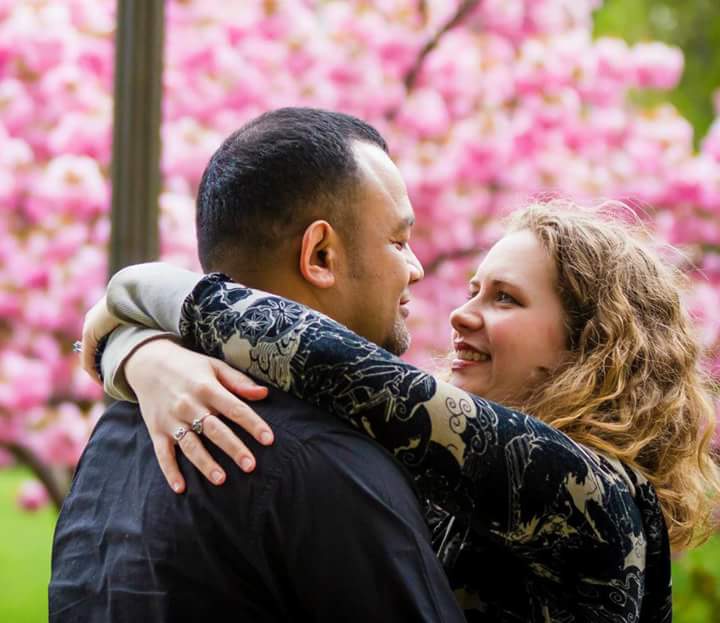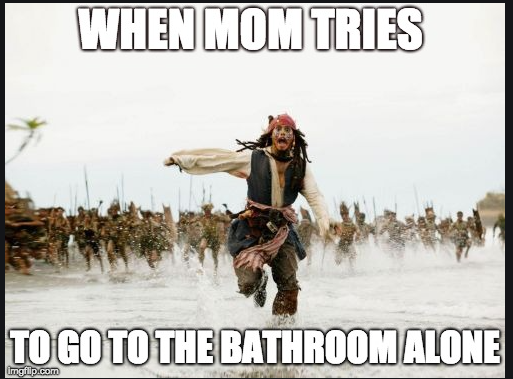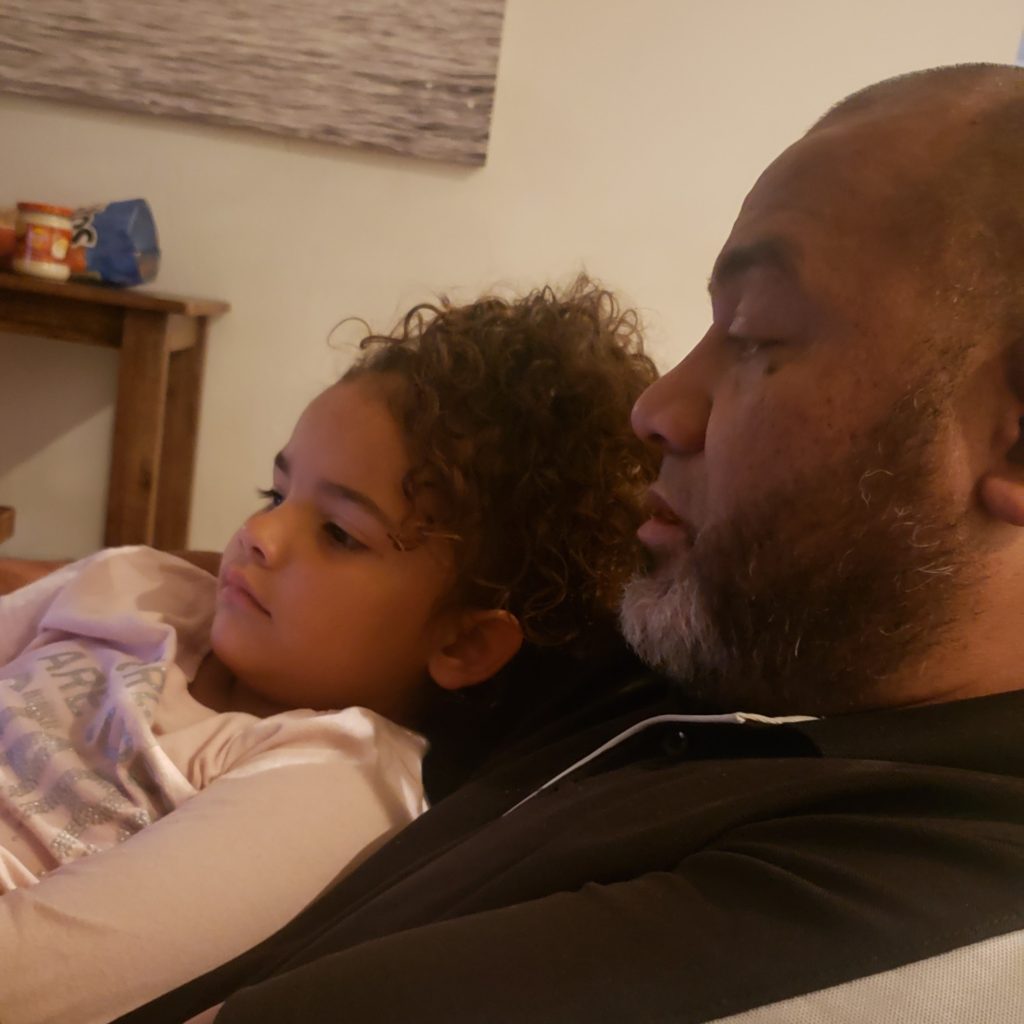Therefore a man shall leave his father and his mother and hold fast to his wife, and they shall become one flesh.
Genesis 2:24
Let your fountain be blessed, and rejoice in the wife of your youth, a lovely deer, a graceful doe. Let her breasts fill you at all times with delight; be intoxicated always in her love.
Proverbs 5:18-19
Sex. Questions. Kids. Awkward. Right? Not necessarily. The Bible doesn’t shy away from the topic of sex. There’s an entire book about it! (Hello, Song of Songs.) In the Bible, sex is a beautiful creation of God, designed to be enjoyed inside marriage. In fact, it’s more than a creation from God. It’s a command of God. It’s amazing. It’s not shameful or awkward.

The world, even in Biblical times, took sex and twisted it from God’s will into perversity and violence. It’s one of our jobs as Christian parents to wrest it back for our children. If we act embarrassed about the topic or communicate that it is off limits, our kids will get their answers somewhere. And guess what happens when they google the words they learned at school because we were too awkward to answer them honestly? Porn. And that is a hard road to recover from. Here are some suggestions to prepare yourself for these inevitable conversations so that you become a source of Biblical authority rather than the one person they know to avoid when they have questions about sex.
- Teach proper names of body parts
Penis. Scrotum. Vagina. Vulva. As my boys take a bath, I say tell them the different body parts I need access to in order to wash them, “Neck. Armpits, Belly, Penis.” It doesn’t sound any different or more shameful. It’s one more body part we need to take care of. My daughter knows that the whole area is called her vulva, and that she has three different openings for poop, pee, and periods. These were things I didn’t learn until I was 20 years old and took Women’s Biology in college, but it was information I needed much earlier.
It also allows them the capability to tell you or the doctor when something is wrong. They can use the correct words for what itches or what hurts. And it provides them an extra layer of protection against molestation. They can communicate clearly if someone asks them to show their private parts or touch them. It allows for open, honest communication between children and parents, reminding them that the children will never be in trouble if someone touches their private body parts but that it is important they tell mom or dad right away.

- Start early
When I around 10, my mom tried to read a book with me about puberty that we didn’t finish. There was a chapter about masterbation, and she made it very clear that I was never to say that word out loud. The culturally prevailing idea was that sex was a single conversation when your child was 11-ish and not discussed outside of that. However, if we want to be a source of authority and truth on this topic, it needs to be an open conversation over the course of childhood. As children have questions, answer the questions directly and honestly. The answers can be short. They don’t need dissertations, just answers.
Understandably, not all of us know how to have these conversations and may very well be scared of them. Afa and I found books to be very helpful in starting the conversations and in giving us a “script” to talk to the kids about things we didn’t talk about in either of our houses growing up. They are called God’s Design for Sex, and they may seem pretty graphic for the recommended age ranges. However, especially for kids who go to school, they are going to learn these words and concepts very early. We want them to have a Biblical foundation before the world corrupts the idea of sex.
- Don’t force affection
No one is entitled to a hug from my children – Not. Even. Me. This one can be challenging, especially with family and close friends. So I do my best to model it daily for the kids. I will ask “Can I have a hug?” or for the two year old “Kisses?” And if they say (or indicate) “no,” I stop. I don’t give them a hug or a kiss. I wait for them to tell me it is okay. This teaches them that they get to make the decisions about their bodies.
As a family, we are part of two cultures who deeply believe in physical affection: disciples hug all the time and Tongan people gives kisses as a greeting and as a goodbye. So it is not always easy to stand up and say that my children don’t have to give hugs or kisses. It can be embarrassing, but I would rather be embarrassed myself rather than teaching my kids that someone else gets to determine who touches them.

- Talk about periods like anything else that goes on in the bathroom
I wanted to include the above meme about moms going to the bathroom alone, and when I googled it, there are a whole slew of them! I’m going to assume (always dangerous) it is safe to say that I am not the only mom whose children want to have a party in the bathroom every time I walk in. There are certainly times when I throw them all out because I need 60 seconds of alone time, but most of the time it is not even worth it – go ahead and hang out! And if they are in there, they are absolutely going to ask questions. “Mom, are you pooping?” “Is it a lot of poop?” “Mom, why don’t you have a penis?” and a variety of other potentially embarrassing questions.
If I’m on my period, they are going to ask questions about why I’m bleeding and what I’m doing with the pads, tampons, or diva cups. Again, short and honest answers. “Women have their periods once a month. This bleeding doesn’t hurt. All those things help keep me clean.” If we have had this conversation once a month for most of their childhoods, my daughter won’t be surprised when she starts her period. In fact, she will be expecting it. It’s a part of life, much like going to the bathroom.
I also try to teach the kids what is appropriate conversation for outside the house and what topics we talk about in our family. I’m certainly less than successful as children find bathroom talk HILARIOUS. But, periods, like poop and pee, are not conversations that I try to have in public, but conversations that we talk about in private. Which leads nicely to the next and final suggestion.

- Difference between privacy, surprises, and secrets
Privacy – protecting other people’s space or information
Surprises – not telling other people something because when they find out it will be happy and exciting
Secret – not telling other people something because when they find out it will make the sad or angry
Differentiating between these three concepts can be helpful for kids. In our house, we don’t keep secrets. Secrets can hurt each other. I am conscious about not using the phrase “Don’t tell your dad.” I want them to know that their Daddy knows or can know about everything we do. However, when someone asks for privacy, we respect that request. And my children LOVE surprises, so we talk about how we don’t tell about surprises so someone can be really excited. But secrets….we don’t keep secrets. We don’t want to hurt other people.
Sex is pervasive in our culture, so it needs to be a conversation we get comfortable having with our children, especially if we start to cringe at the idea of the topic. Practice scripts, lean into the hard conversations, and be a Biblical, honest source for information for the kids.